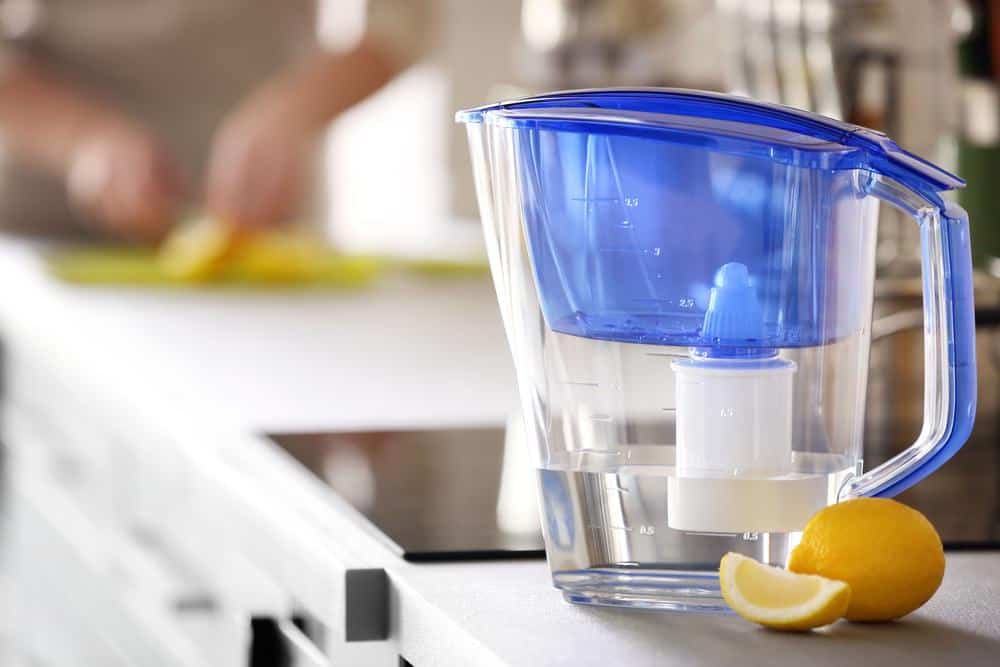Why Your Brita Filter May Be Contaminating Your Water

There is nothing better than enjoying a refreshing, cold glass of water at the comfort of your home. But did you know that your in-home Brita filtration system might be putting your health at risk?
The market is saturated with a plethora of options when it comes to servicing the public with pure drinking water. Whether it’s by using tap water, buying potable water or installing a filtration system at-home, many people continue to invest in different alternatives in order to obtain crisp and clean water. One of the most popular alternatives for purifying water at-home are the Brita filter products. While many people believe Brita filters provide the cleanest form of water available, many more are unaware of the underlying issues that Brita filters cultivate as time goes by.
Here is why your Brita filter may be contaminating your water instead of fulfilling its main purpose:
The Function of Brita Filters
To understand the popularity behind Brita filters, we must first analyze its primary function. One of the main reasons why these filters seem to do their job is because Brita filters use reverse-osmosis, which is known for being one the most efficient techniques for filtering drinking water because of its benefits. The filter uses a two-tiered pitcher with a carbon and resin filter within where water is poured through to complete its filtration process. Through this function, Brita filters are able to reduce the taste and odor of chlorine. It’s also able to remove the following contaminants:
- Copper
- Cadmium
- Mercury
- Zinc
The performance of Brita filters seem to accommodate the public’s needs for in-home water filtration, if they’re only looking for pure-tasting water. If not, studies have shown that these filters are not necessarily the best alternative to having the purest form of drinking water.
In fact, Brita filters may actually be contaminating your water supply, meaning that it may not the best water filtration alternative for your home.
The Hidden Build-Up In Brita Filters
While Brita claims to purify water by removing dangerous chemicals and metals, there is a major flaw that contributes to the contamination of your water through their filtration system. As concluded by a study from the University of Berkeley on Brita vs. Tap Water, Brita water filters do not actually kill the microorganisms that may be found in your in-home water supply. In fact, because the filter is not designed to kill bacteria, it becomes a breeding ground for microorganisms, especially if you fail to conduct proper maintenance. As the study states, “An old, unchanged Brita filter can be dangerous because its use may add bacteria, which had been killed in the tap by chlorine, back into [the filtered] water.”
While Brita filters provide the taste of moderately filtered water, you would have to accept the fact that an excessive amount of bacteria would be contaminating your water and could become a threat to your body once consumed.
The good news is that there is always a better way! A more efficient solution and alternative that inhibits bacteria growth while giving you clean, tasty water on demand is a four-stage, point-of-entry water refiner. Schedule your free, in-home water test today and see the difference a Guardian Water Services complete home water refiner can make in your home’s water.
Topics:

